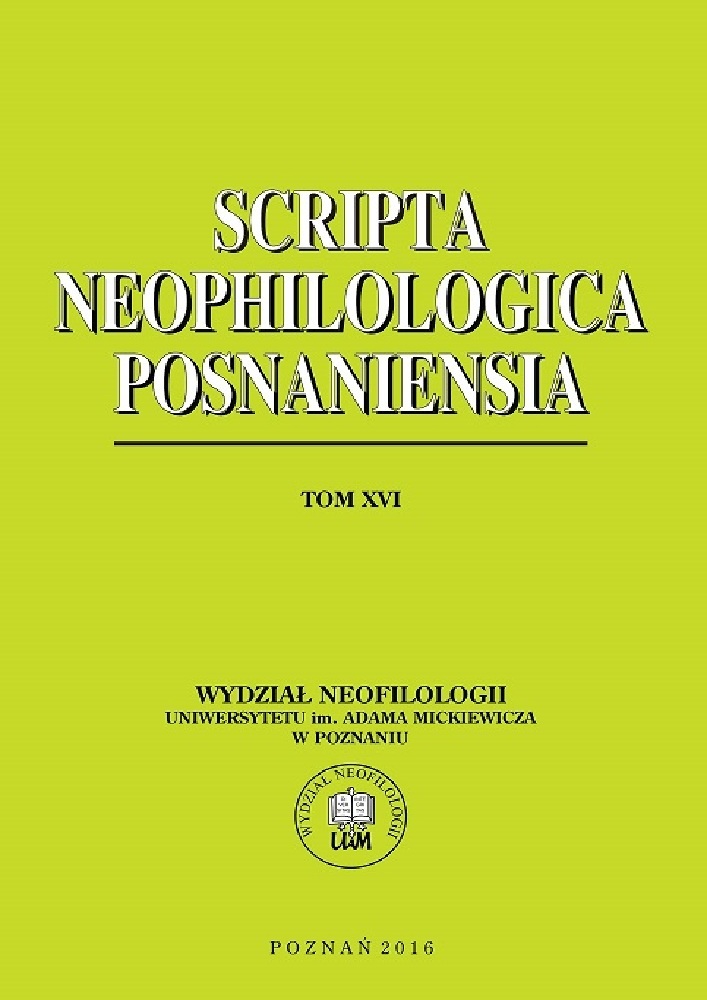Abstract
The politics of performativity in transcommunication and its communicative/expressive fitness: towards a general outlineReferences
Barker, E. 1995. Aristotle Politics. Oxford: Oxford University Press.
Dourish, P. 2001. Where the action is: the foundations of embodied interaction. Cambridge, Mass.: The MIT Press.
Gregg, M. and G.J. Seigworth. (eds.). 2010. The affect theory reader. Durham, NC: Duke University Press.
Krebs, J.R. and N.B. Davies. (eds.). 1997. Behavioural ecology: an evolutionary approach. 4th ed. Blackwell, Oxford, 1997.
McKenzie, J. 2001. Perform or else: from discipline to performance. London: Routledge.
Mora, C., Tittensor, D.P., Adl, S., Simpson, A.G.B. and B. Worm. 2011. “How many species are there on earth and in the ocean?”. PLoS Biology 9.8. e1001127 DOI: 10.1371/journal.pbio.1001127, 2011.
Nöth, W. 1990. Handbook of semiotics. Bloomington, IN: Indiana University Press.
Provine, W.B. 1986. Sewall Wright and evolutionary biology. Chicago: The University of Chicago Press.
Puppel, S 2009. “Remarks on the sustainability of natural languages in the cultural-institutional perspective”. In: Puppel, S. and M. Bogusławska-Tafelska. (eds.). New pathways in linguistics. Olsztyn: University of Warmia and Mazury, Institute of Modern Languages and Literature. 275-286.
Wright, S. 1932. “The roles of mutation, inbreeding, crossbreeding, and selection in evolution”. Proceedings of the Sixth International Congress on Genetics 1. 356-366.
